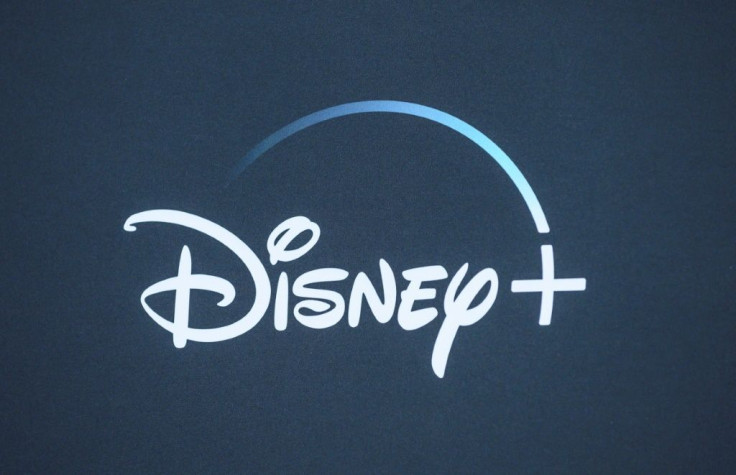Will Disney+ Turn A Profit Sooner Than Anticipated?
Disney is well ahead of schedule with Disney+. Last April, the company outlined expectations for 60 million to 90 million global subscribers by 2024. About one-third of those subscribers would come from the U.S. Less than eight months post-launch, Disney+ already has about 30 million U.S. subscribers and nearly 60 million total. And it's still only available in a few countries.
It's evident Disney will surpass its initial subscriber expectations by a wide margin. But will the company outpace its timeline to reach profitability by 2024 as well?
Disney's had to do some improvising
The coronavirus pandemic has impacted Disney's business in a lot of different ways. In fact, its streaming business may be the only part of the company that's been able to grow amid the spread of COVID-19.
As a result, Disney's had to make changes to its plans for its film studio and Disney+. It moved Pixar's Onwardto the streaming service just a couple weeks after its theatrical debut due to theaters closing. It moved up the release date for Frozen 2 on Disney+. It debuted Artemis Fowl on Disney+ earlier this month and it's debuting Hamilton on July 3 instead of in theaters. It's unclear how the company will manage the accounting for its internal licensing, but investors should expect to see higher content expenses for Disney+ as a result of its decision.
Heightened content expenses may not be short-lived. Disney may continue to experiment with more day-and-date releases (simultaneously releasing online and in theaters), skipping theaters entirely, or expanding its content pipeline in order to scale the service well beyond its initial outlook. "We very much believe in the power of that launch platform for our big movies," CEO Bob Chapek said during Disney's second-quarter earnings call.
Management isn't committing to anything yet. "We'll continue to make the planned investments into Disney+ as we always have," Chapek said. He and CFO Christine McCarthy declined to update any guidance related to Disney+.

More subscribers, but more expensive subscriber acquisition
One factor that's important for investors to consider is Disney's marketing expenses for Disney+. The coronavirus pandemic has thrown a core piece of the entertainment giant's subscriber acquisition strategy for a loop.
"One of the clear advantages we have in marketing Disney+ is our access to an incredible number of touch points across The Walt Disney Company," Ricky Strauss, president of content and marketing for Disney+, said last April. "And as you would expect, we plan to leverage this unparalleled reach, engaging our millions of fans and influencers across our brands and around the world."
But park attendance is expected to remain low through at least next year, as Disney restricts attendance for social-distancing purposes and many fans are hesitant to gather. Fewer people will see trailers for Disney+ shown before their films in theaters. Fewer people are buying Disney toys. The company's biggest marketing advantage is severely diminished for the next couple years.
The impact on profitability so far
With the strong subscriber numbers, Disney+ and the rest of Disney's direct-to-consumer segment was more profitable than anticipated in the second quarter. It lost just $500 million.
Following the rollout to international markets in Q3, management expects a $1.1 billion operating loss from the direct-to-consumer and international segment for the quarter, with continued investments in Disney+ specifically driving $420 million in operating losses.
To be sure, Disney+ is still very much a loss-making business even if early results for the media company were a bit better than expected. And losses will continue to pile up as it launches in new markets due to higher marketing expenses. Combined with the potential for greater content expenditures from increased licensing fees, Disney+ likely won't reach profitability much sooner than originally anticipated.
Increased investments to grow the subscriber base as large as possible ought to be worth it in the long run, however. A bigger base of recurring revenue (with the potential for price increases) would add some great stability to Disney's business and help offset pay-TV subscriber declines in its television network business.
The article originally appeared in The Motley Fool. The Motley Fool has a disclosure policy.




















